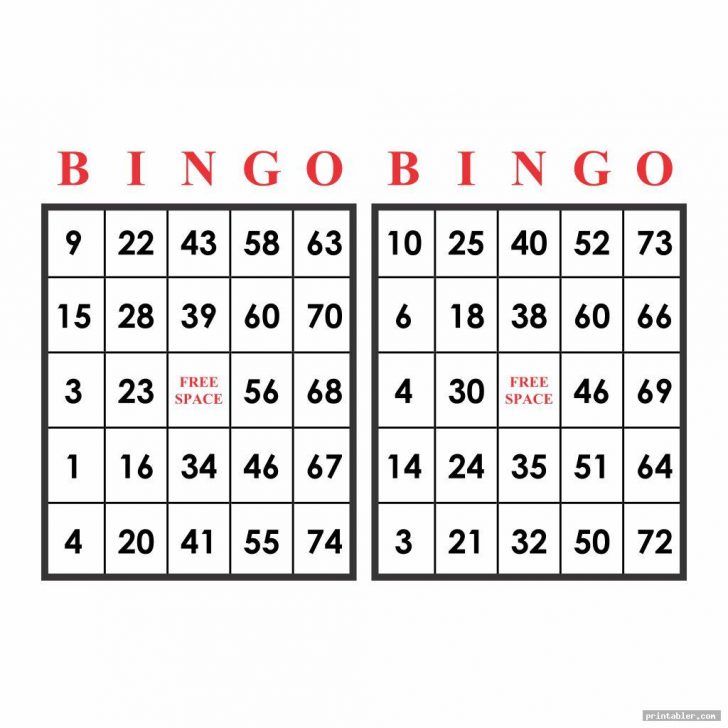Table Of Content
It got me thinking, once my cheerful mood had let me catch up on some outstanding work, about client apps in general. I’ve tried a whole number of clients but I always end up back in the browser. I think it’s because clients have to be well-designed to work well. If they hog resources, jump in your face too much with focus stealing or balloon tips, or insist on being sized a certain way then they don’t get a chance to show you their good side.
But interesting things happen even when I’m too busy to blog, and an interesting one happened today. Well I am doing the precons in both places – that’s official. And I wrote the abstracts for the other two talks, so I’m pretty sure I’m giving those too. And if you have colleagues who are coming to Tech Ed who really don’t “get” why C++ is different these days, please encourage them to join me for the all-day precon that answers precisely that question. For PluralSight, Fritz asked me questions about my latest course, and the industry in general. This one’s just ten minutes, and there’s a transcript if you’d rather read than listen. If you’re willing to listen to them, I’m more than willing to keep on talking. This is not a free session, but the price is even lower than the Tech Ed precons since I don’t have travel expenses to get down there and see you all. If you live in Australia, please register and take advantage of this chance to come and learn what’s been going on with C++ while you weren’t looking! And if you don’t, I’d appreciate it if you could spread the word to those who do. (Europe doesn’t have direct links to the sessions, but they do allow links to the search for C++.) I’ll have to miss Steve’s talk because Rong and I are going to Belgium, so that one I’ll be watching online. Plus some language agnostic sessions that chose to put C++ in their session descriptions, which is a new thing these days.
Misinformation Effects: How Information That Comes Later Can Distort Memory
At the same time that infants are practising their speaking skills by babbling, they are also learning to better understand sounds and eventually the words of language. One of the first words that children understand is their own name, usually by about six months, followed by commonly used words like “bottle,” “mama,” and “doggie” by 10 to 12 months (Mandel, Jusczyk, & Pisoni, 1995). An important study by Jacqueline Johnson and Elissa Newport using Chinese and Korean speakers who had learned English as a second language provided the first insight. The participants were all adults who had immigrated to the United States between three and 39 years of age and who were tested on their English skills by being asked to detect grammatical errors in sentences. Johnson and Newport found that the participants who had begun learning English before they were seven years old learned it as well as native English speakers but that the ability to learn English dropped off gradually for the participants who had started later. Newport and Johnson also found a correlation between the age of acquisition and the variance in the ultimate learning of the language. While early learners were almost all successful in acquiring their language to a high degree of proficiency, later learners showed much greater individual variation. And in another study, the researchers found that when Black students were asked to indicate their race before they took a math test , they performed more poorly than they had on prior exams, whereas White students were not affected by first indicating their race. Although intelligence tests may not be culturally biased, the situation in which one takes a test may be. One environmental factor that may affect how individuals perform and achieve is their expectations about their ability at a task. In some cases these beliefs may be positive, and they have the effect of making us feel more confident and thus better able to perform tasks. For instance, research has found that because Asian students are aware of the cultural stereotype that “Asians are good at math,” reminding them of this fact before they take a difficult math test can improve their performance on the test (Walton & Cohen, 2003).

Common coping strategies typically include working harder. Presenteeism is the concept of attending work despite illness or injury and has been shown to have negative effects on productivity and health of the organization. In order to facilitate a capacity for greater resilience or thriving in the workplace, many workplaces have adopted a variety of wellness programs, supported to various degrees by the health benefit supplier. Offering gyms, exercise programs, health leaders, health promotion specialists, and vouchers for external programs in or near the workplace are common initiatives. Rotter, J. B. Generalized expectancies for internal versus external control of reinforcement. (Eds.), Social psychology of health and illness (pp. 1–25).

